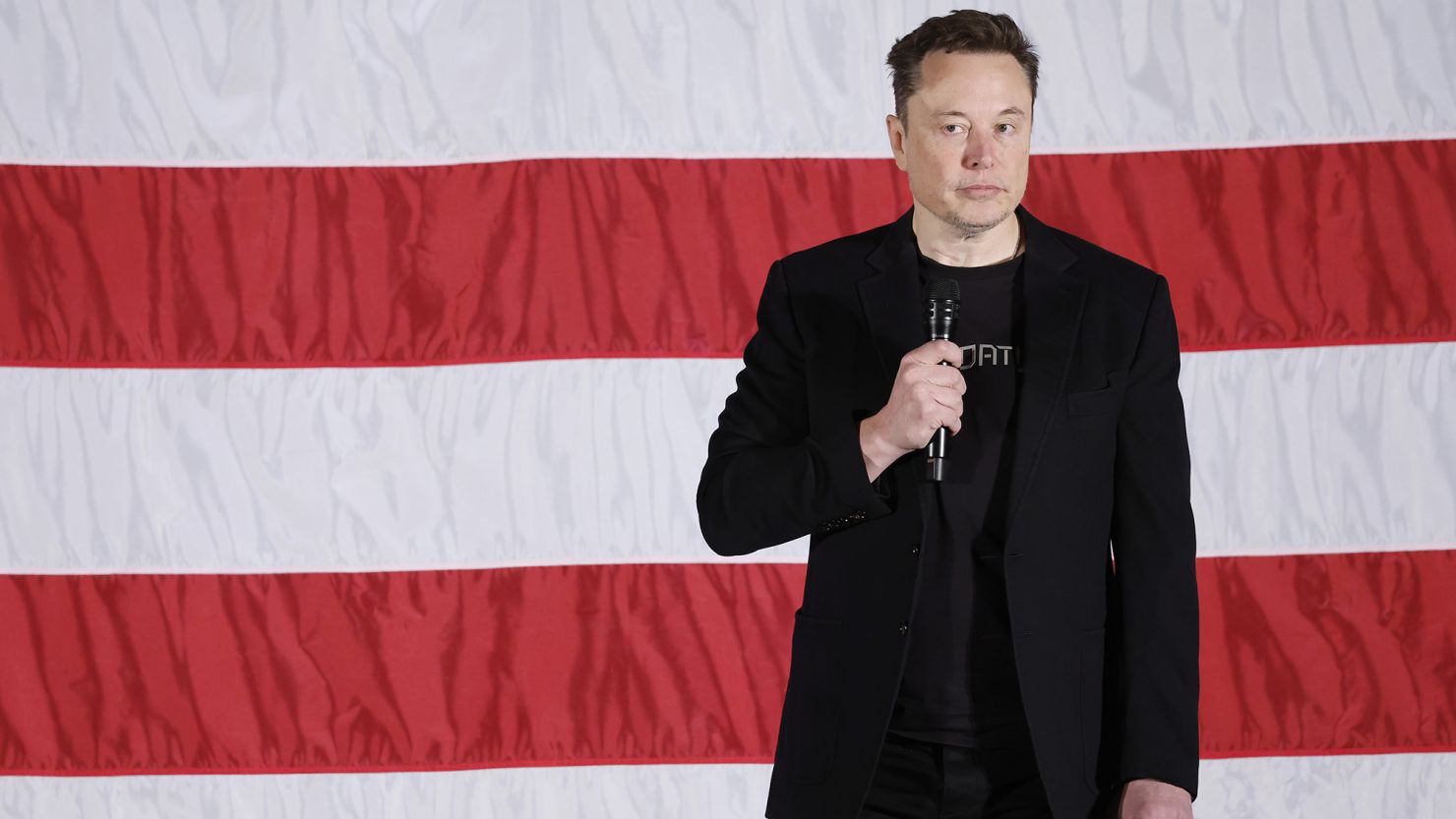October 28, 2024
Philadelphia’s Democratic District Attorney Larry Krasner filed a civil lawsuit Monday against tech billionaire Elon Musk and his political action committee, America PAC, alleging Musk’s $1 million voter giveaway violates Pennsylvania’s lottery laws. According to the lawsuit, Musk’s effort to engage voters by awarding daily cash prizes to registered voters in swing states constitutes an illegal lottery, as Pennsylvania law restricts lotteries to state-run operations.
The initiative has attracted both public support and scrutiny, as Musk’s PAC aims to encourage voter engagement in states with pivotal upcoming elections. As CEO of Tesla and owner of the social media platform X, Musk has publicly backed former President Donald Trump’s 2024 presidential bid. Through America PAC, Musk has financed a high-profile campaign that includes $1 million prizes awarded to registered voters across swing states like Pennsylvania and Michigan.
Krasner’s lawsuit contends that Musk’s giveaways exploit personal data collection and that Pennsylvania citizens are being misled. “America PAC and Musk are lulling Philadelphia citizens – and others in the Commonwealth… to give up their personal identifying information and make a political pledge in exchange for the chance to win $1 million,” the lawsuit alleges, asserting that Musk’s giveaway effectively functions as an unlawful lottery.
Scrutiny from the DOJ and White House
Musk’s efforts have also drawn criticism from the Justice Department, which previously warned America PAC that the giveaway could violate federal laws prohibiting monetary incentives for voter registration. The PAC has defended the legality of the initiative, asserting that winners are selected through a “random” process without political bias, although the lawsuit claims otherwise, citing that some of the winners reportedly attended recent Trump rallies.
President Joe Biden weighed in on Musk’s cash incentives Monday, calling them “totally inappropriate.” Though he refrained from commenting on the legality of the scheme, Biden humorously responded, “Tell him I’m registered! A million dollars,” before addressing the topic more seriously, stating that offering cash incentives to voters “isn’t appropriate” in his view.
Concerns and Implications
Krasner’s lawsuit draws attention to what many Democrats view as an attempt to sway the electorate. The case hinges on Pennsylvania’s lottery and consumer protection laws, and it specifically avoids state and federal statutes related to vote-buying, which are traditionally more challenging to prosecute in civil courts. While the PAC has claimed its operations are fully transparent and within legal limits, election law experts have voiced concerns that the incentives, even if technically legal, represent an ethical gray area in U.S. election practices.
Critics from both parties have pointed out the broader implications. Some Republicans, who generally support fewer restrictions on political spending, have raised eyebrows, noting that attempts to incentivize voter registration with cash could be seen as encroaching on the spirit of election integrity. In contrast, many conservatives see Krasner’s lawsuit as a heavy-handed approach, calling it politically motivated.
Musk, known for his unconventional and occasionally polarizing political moves, has remained vocal about his support for increasing voter turnout. His America PAC representatives declined to comment on the lawsuit but promoted the latest $1 million winner, a registered voter from Hastings, Michigan, who won Monday.
Krasner’s stance reflects Pennsylvania’s historically strict interpretation of lottery laws. With federal and state scrutiny mounting, the outcome of the lawsuit could set a precedent for future initiatives designed to incentivize voter registration. Meanwhile, with the 2024 election looming, Musk’s ambitious giveaway campaign has sparked a broader conversation on the balance between political innovation and ethical boundaries in U.S. elections.
Sources:
- Philadelphia DA Larry Krasner’s Office
- Justice Department Warning on Musk’s PAC
- President Biden’s Comments on Musk Giveaway

